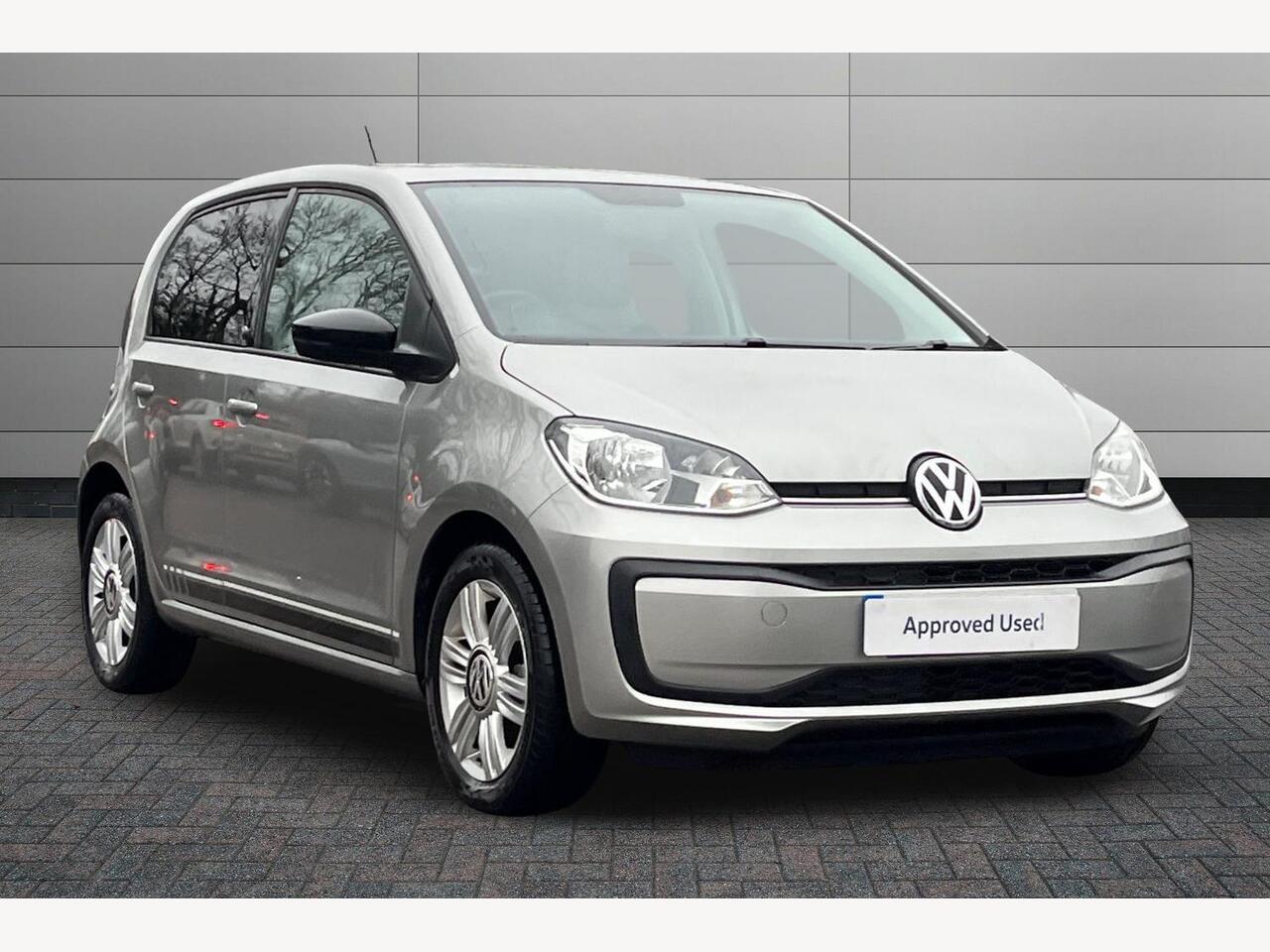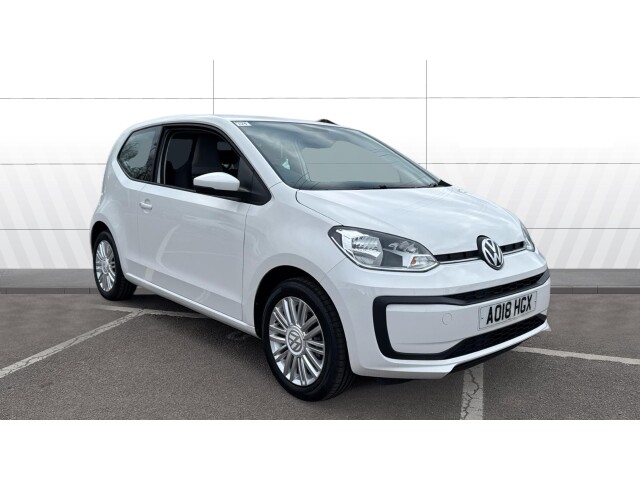Shifting into shopping mode
Copyright 2026 heycar - All rights reserved |
Registered address: 5 New Street Square, London, United Kingdom EC4A 3TW
Registered address: 5 New Street Square, London, United Kingdom EC4A 3TW
It’s a sign of how well designed and thought out the Volkswagen Up is, that despite being launched in 2011, it still looks and feels fresh today. It’s just as popular as a used purchase as it was when new too, and remains a top pick for anyone wanting low-cost transport - whichever Up you buy, you’ll be getting something that’s cheap to run, yet doesn’t feel like a cheap car.
Its compact size makes parking a doddle, expansive glass means it’s easy to see out of and doesn’t feel cramped or dark inside, and a wealth of trim levels and special editions means there’s probably a combination of equipment to suit your requirements too. Throw in the Up GTI, one of the more affordable hot hatchbacks of recent times (though one that holds its value incredibly well, so isn’t quite as much of a used bargain), and it’s no surprise the Up remains popular.
The Volkswagen Up was an easy car to recommend when new, and it continues to be a top choice as a used buy. Part of the reason for that is because they sold in big numbers, so you have abundant choice on the used market, which keeps prices relatively low and means you don’t have to settle for a car that isn’t quite up to scratch.
There’s nothing outstanding about the Up, it’s just one of those cars that’s either good or very good in just about every area - a true all-rounder. Even the cheapest models feel like big cars on a long motorway trip, while the sporty Up GTI, more fun than some cars several times the price, can still nudge 60mpg.
As long as you don’t need a huge boot it’s spacious too, the cabin feels airy and modern, and because VW didn’t fit a large touchscreen, there’s no ageing infotainment system to date it (or to go wrong later down the line) - you just plug in the phone you have on you and use the features from that instead. The Up has proven mostly reliable too, so any car with a good history shouldn’t throw up too many issues. Tax and insurance are as affordable as the fuel bills.
The Up wasn’t without competition during its time on sale, though few cars could match its breadth of talents. The Citroen C1, Peugeot 108 and Toyota Aygo trio is arguably a little more fun and funky but not quite as solidly built, the Fiat 500 and Renault Twingo are more stylish but less practical, and the Hyundai i10 and Kia Picanto drive well but don’t have the same image. As potentially even cheaper Up alternatives though, don’t forget its siblings, the SEAT Mii and Skoda Citigo.
Choosing the right Volkswagen Up depends on what you need from the model. If you’re looking for the perfect first car, cheap city transport, or a second or third family car, then the 60PS engine in one of the lower trim levels should suit you just fine, costing buttons to run and being mostly well-equipped enough to provide all the basics.
Want something for tackling longer journeys? The Up TSI makes sense if you can find one, but the basic 60PS and 75PS engines really aren’t bad for that either. The Up GTI meanwhile has the longest legs thanks to its extra power, is actually more frugal (on paper at least) than the cheaper models, and is a riot in the corners too. Three- and five-door options across the range give you practicality options too. If you need an automatic, the ‘ASG’ automated manual is your only option - it can be quite jerky, but does the job.
We’re keeping things simple here because the Up was offered in a huge number of trim levels during its time on sale, each with slightly different features, colour and trim options, and differing engine choices (albeit all plucked from the limited list above). To give you an idea, in addition to the models listed below, the Up has been variously available in Take Up, Move Up, Look Up, High Up, Club Up, Steet Up, Rock Up, Black Edition, White Edition, and R-Line trims.
One thing common to all is the lack of a touchscreen infotainment system: earlier models got a VW-supplied device to plug in to the top of the dash, while later cars offered a cradle for plugging in your own smartphone.
The Volkswagen Up’s dimensions are:
The Volkswagen Up’s boot size is:
You’ll pay £190 a year to tax any Volkswagen Up under the current VED system, aside from the all-electric e-Up, which is currently free to tax. Most models registered prior to April 2017 should be free to tax too, thanks to CO2 emissions of under 100g/km.
Insurance is another area you’re unlikely to spend a great deal of money with the Up. The most basic models start in just group 2, lower than just about any other car, while even the sporty Up GTI rises no higher than group 17 - for comparison, a Golf GTI with double the power is group 28-31. The electric e-Up is only group 10.

£10,395

£6,657
£11,498
£7,050
£9,999
£12,990
£7,989
£13,895
£7,490
£12,984
£10,299
£12,560
£455 off£12,722
£14,350
£13,995
£12,357
£7,697
£10,250
1-18 of 42 vehicles
What is the average mileage for Volkswagen Up ?
32306
How many Volkswagen Up cars are available for sale?
49